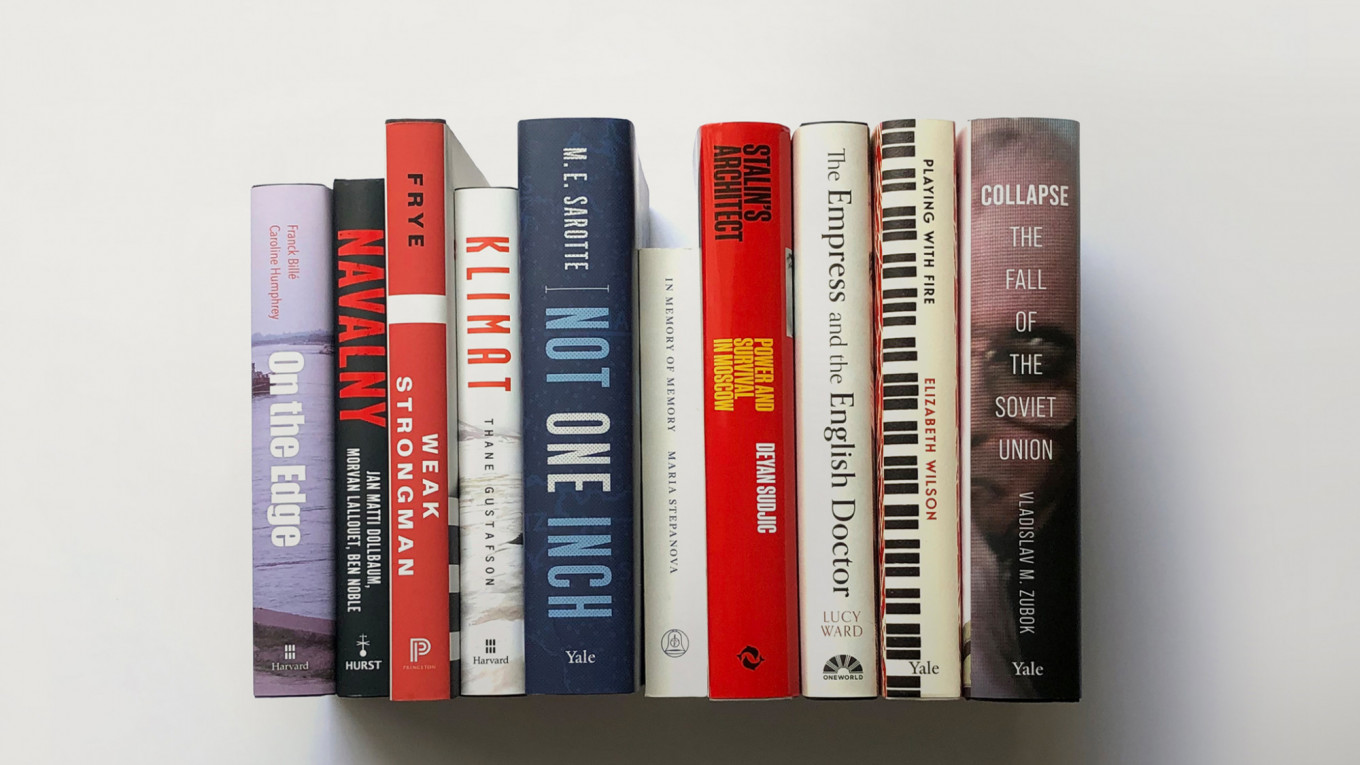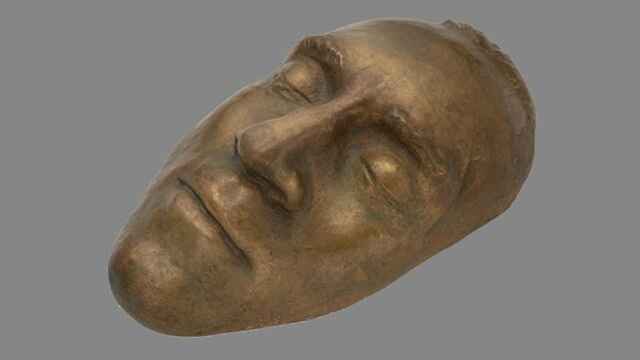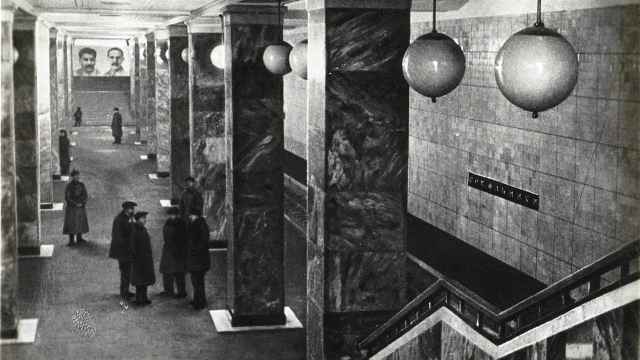Every year the Pushkin House in London awards a prize for the best non-fiction book about or from the Russian-speaking world published in English. In past years they have winnowed down the dozens if not hundreds of contenders to a short list of six books for their jury to read, discuss, and vote on.
But this year is different. It is a year of war and Russian aggression — and if not canceling Russian culture, perhaps turning the public gaze to other nations.
But Yekaterina Schulmann, a political scientist studying Russia and a judge for the 2022 award, considers the award, and the books recognized, important. “In one of the darkest years in post-WWII world history, I think it is particularly honorable of Pushkin House to keep rewarding painstaking scholarship and dedicated studies of Russian history, societal development and culture that are both fundamental and approachable," she said. "The Pushkin House Book Prize is faithful to its mission of fostering and encouraging deeper understanding of the immense complexities of cultures within and beyond Russia."
And because this year marks the 10th anniversary of the prize, there are 10 shortlisted books instead of the traditional six. They range from a study of life on the Russian-Chinese border to the dangers of climate change and an English doctor in the court of Catherine the Great.
The 2022 shortlisted titles are:
- “On the Edge: Life along the Russia-China Border” by Frank Billie and Caroline Humphrey
- “Navalny: Putin's Nemesis, Russia's Future?” by Jan Matti Dollbaum, Ben Noble and Morvan Lallouet
- “Weak Strongman: The Limits of power in Putin's Russia” by Timothy Frye
- “Klimat: Russian in the Age of Climate Change” by Thane Gustafson
- “Not One Inch: America, Russia, and the Making of Post-Cold War Stalemate” by Mary Sarotte
- “In Memory of Memory” by Maria Stepanova
- “Stalin's Architect: Power and Survival in Moscow” by Deyan Sudjic
- “The Empress and the English Doctor: How Catherine the Great Defied a Deadly Virus” by Lucy Ward
- “Playing with Fire: The Story of Maria Yudina, Pianist in Stalin's Russia” by Elizabeth Wilson
- “Collapse: The Fall of the Soviet Union” by Vladislav Zubok
The books will be considered by a jury of six specialists in various aspects of Russian history, culture, society and political life: Evgenia Arbugaeva, award-winning photographer, National Geographic Society Storytelling Fellow; Archie Brown, Emeritus Professor of Politics at Oxford University and the author of many books including “The Human Factor: Gorbachev, Reagan and Thatcher and the End of the Cold War,” winner of the 2021 Pushkin House Book Prize; Dmitry Glukhovsky, a multilingual journalist and author of the cult science fiction series “Metro” and the critically acclaimed “Text”; Ekaterina Schulmann, an associate professor at the Moscow School of Social and Economic Sciences and political commentator; and Baroness Deborah Bull, a writer, broadcaster, cultural commentator and Crossbench Peer in the House of Lords and Vice President at King's College London.
The winner of the 2022 Pushkin House Book Prize will be announced at a special ceremony in London on Sept. 28.
The annual prize was founded in 2013 and carries a monetary award of £10,000. It is made possible by contributions from Douglas Smith and Stephanie Ellis-Smith, and The Polonsky Foundation.
The Pushkin House is an independent cultural center founded in 1954 by a group of Russian emigres and British Russophiles. It has always been a non-political organization that has been a venue for events that represent all variety of views about Russia and Russian culture, past, present and future. Today they are “committed to raising important and sometimes uncomfortable questions about Russia’s past and present, including issues of decolonization and the ideologically charged legacy of Russian culture today, particularly in light of current events in Ukraine.”
A Message from The Moscow Times:
Dear readers,
We are facing unprecedented challenges. Russia's Prosecutor General's Office has designated The Moscow Times as an "undesirable" organization, criminalizing our work and putting our staff at risk of prosecution. This follows our earlier unjust labeling as a "foreign agent."
These actions are direct attempts to silence independent journalism in Russia. The authorities claim our work "discredits the decisions of the Russian leadership." We see things differently: we strive to provide accurate, unbiased reporting on Russia.
We, the journalists of The Moscow Times, refuse to be silenced. But to continue our work, we need your help.
Your support, no matter how small, makes a world of difference. If you can, please support us monthly starting from just $2. It's quick to set up, and every contribution makes a significant impact.
By supporting The Moscow Times, you're defending open, independent journalism in the face of repression. Thank you for standing with us.
Remind me later.






